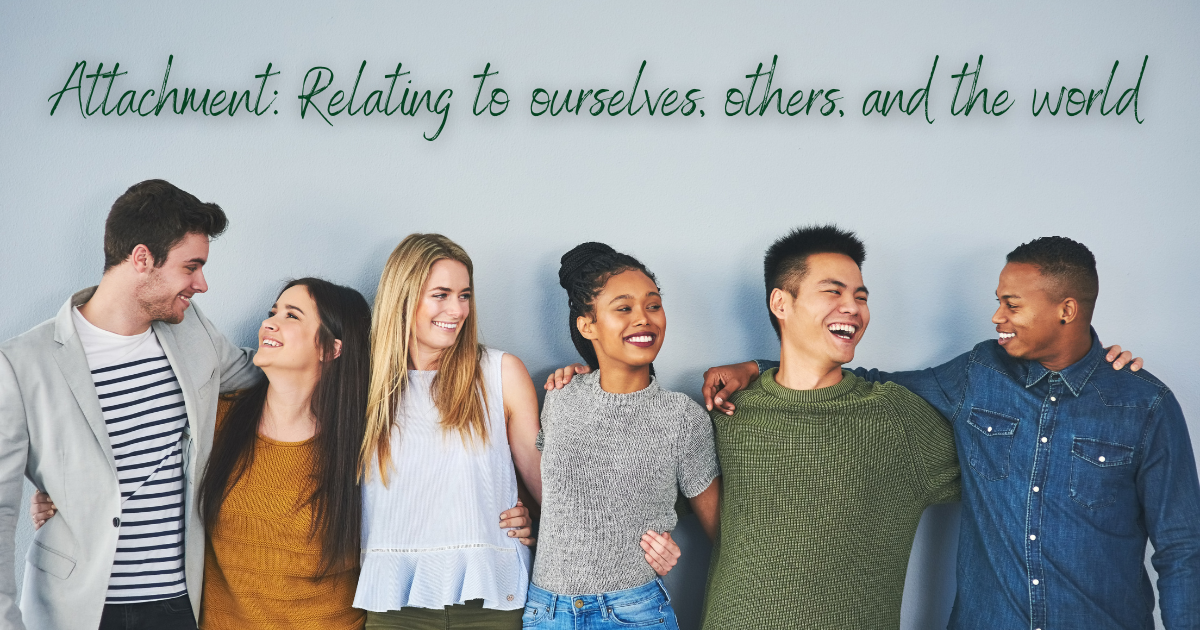
Written by: David Paddison
Recently, there has been an increased popular interest in attachment and the ways our attachment experiences and corresponding attachment styles impact our relationships. Attachment refers to the emotional bond between people, especially a child and its primary caregivers. This bond is so crucial that the quality of its development can impact the way we relate to ourselves and others throughout our lives. Our early relationships impact our sense of self as well as our sense of whether the world is a place we can safely navigate, including whether we can expect to have our needs met. Attachment research is probably best known on a popular level through the framework of attachment styles; depending on your attachment experience, your primary attachment orientation – or ‘style’ – can be secure, anxious, avoidant, or anxious-avoidant, sometimes called disorganized (and these terms may not mean what you think they mean, at first). Attachment styles describe common characteristics, behaviors, and patterns that reflect the kind of bonding experience we had growing up. Of course, we always want to be careful how we use and relate to these styles as labels; our attachment style is part of our relational experience, but it is not who we are and it is not fixed.
Over time, through corrective experiences – healing experiences of secure emotional and relational bonding -- we can grow into a more secure pattern of relating to ourselves, others, and the world. Therapy and other healing practices can help us gain new perspective, develop awareness of patterns, and uncover new possible choices that can make differences in our lives and how we relate. For those who like history and want to dive deeper, figures like John Bowlby, Mary Ainsworth, James Robertson, and Donald Winnicott helped establish the foundations of attachment research. In the present day, authors like Amir Levine and Rachel S.F. Heller (‘Attached.’), Milan and Kay Yerkovich (‘How We Love’), Sue Johnson (‘Hold Me Tight’, 'Love Sense'), and Dan Siegel (‘Mindsight’, ‘Parenting From the Inside Out’, 'The Whole Brain Child'), have expanded and translated attachment research into accessible and practical approaches and tools, that can meaningfully aid in the healing journey.
Useful resources:
Categories
Subscribe to receive updates
Blog RSS Feed